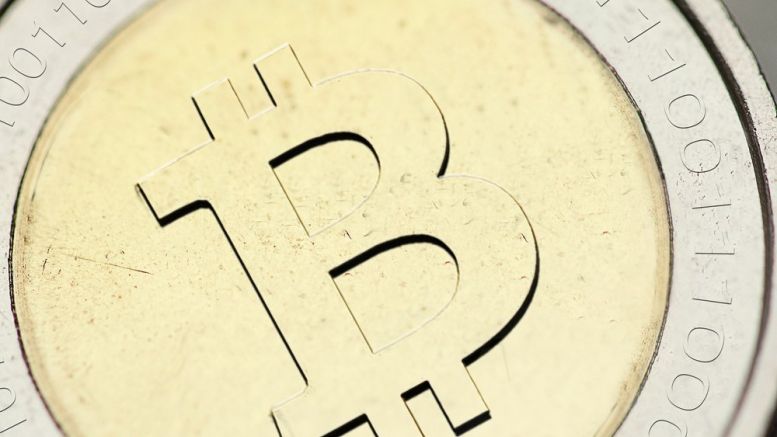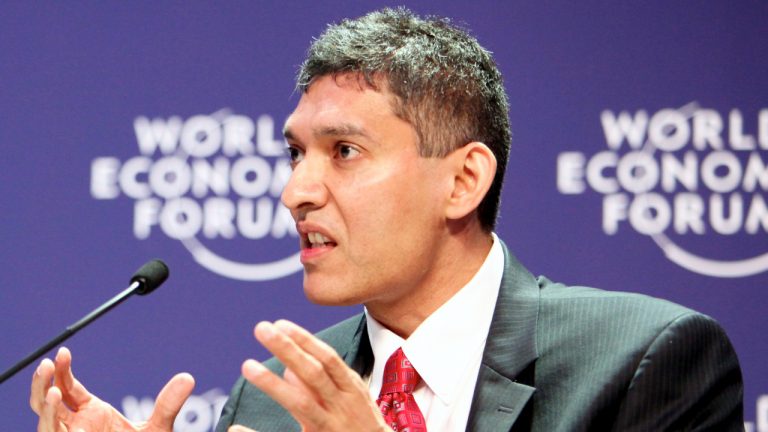
Cornell Study Recommends 4MB Blocksize for Bitcoin
A new study by the Initiative for CryptoCurrencies and Contracts (IC3) at the Jacobs Technion-Cornell Institute authored by Christian Decker, Ittay Eyal, Andrew Miller and Emin Gün Sirer, among others, found that bitcoin’s blocksize could currently scale up to 4MB without affecting decentralization. According to the recently released position paper, On Scaling Decentralized Blockchains, 4,000 Bitcoin nodes were tested and per-node bandwidth performance was measured. The study found that 90%, of the then, 4565 bitcoin nodes (currently standing at more than 7,000), can continue to operate at....
Related News
In the midst of Bitcoin’s price rise and the dramatic flash crash of DAO and Ether, Core developer Gavin Andresen took to Reddit voicing his support for an unlimited blocksize increase. Blocksize Increase: ‘Nothing Bad Will Happen’. The comments were made in response to concerns about an increase to 2MB by longstanding r/btc subreddit user u/Pool30. “I....
A Cornell University economics professor says that President Joe Biden’s executive order on the regulation of cryptocurrency could benefit the industry. “Ultimately what these sorts of regulations provide to the industry is legitimacy,” said the professor. Cornell Professor on Crypto Industry Benefiting From Biden’s Executive Order Eswar Prasad, professor of economics at Cornell University, shared his thoughts on U.S. President Joe Biden’s crypto executive order and what it means for the industry in an interview with CNBC, published Thursday. Prasad is....
There have been a few proposals to increase the maximum blocksize in Bitcoin over the past year, but the two plans that are garnering the most attention right now are Jeff Garzik's BIP 100 and Gavin Andresen's BIP 101. While Andresen has already implemented his plan in BitcoinXT, Garzik is still working on a formal write-up and the code for BIP 100. Andresen shared his thoughts on BIP 100 via an interview on Epicenter Bitcoin. Although he did not seem completely dismissive of the proposal, it's clear that he would prefer to go with his own idea for increasing the blocksize, which would....
Cornell University professor of economics and former head of the IMF’s China division, Eswar Prasad, sees three major flaws in bitcoin. Because of these flaws, the professor says that “bitcoin really has set off something of a search for a better alternative.” Cornell University’s Professor of Economics Outlines Bitcoin’s Flaws Cornell economics professor Eswar Prasad talked about bitcoin’s flaws in an interview with CNBC Thursday. Prasad is the Nandlal P. Tolani Senior Professor of Trade Policy and professor of economics at the Charles H. Dyson School....
A recent Princeton University study finds that a cap on max block size is necessary in a situation where mining rewards are entirely made of transaction fees. Miles Carlsten with Arvind Narayanan acting as advisor have assumed that ‘miners have the capability of claiming all possible transactions available in their next block.’ Based on the game theory analysis and simulations the study concludes that orphaned blocks would increase substantially as miners aggressively fork each other. Miner strategies. Describing a ‘petty compliant miner strategy,’ the simulation suggests that if a miner....





